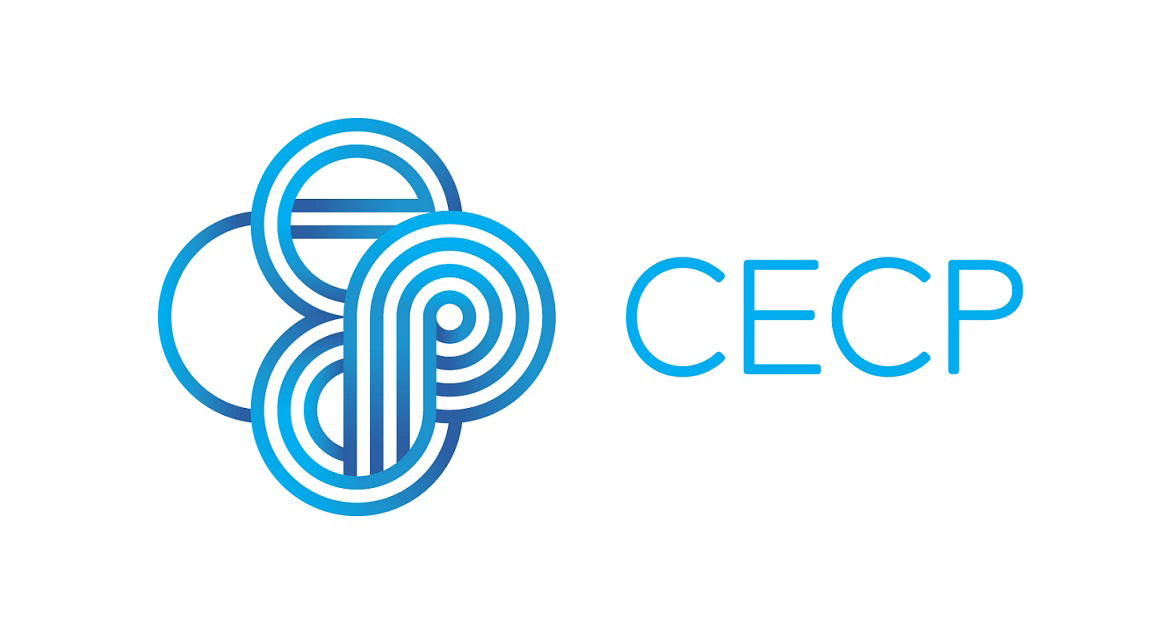Largest Study at the Global Level Pinpoints Distinct Regional Corporate Societal Investment Practices
Report Informs Strategies for Expanding Giving Globally
New York, NY, September 23, 2015 /3BL Media/ — A one-of-a-kind analysis of global corporate societal investment by region—Asia, Africa, Latin America, and Europe—analyzed data from 57 large companies representing a total of US $5.2B in cash and non-cash giving across 15 countries. Giving Around the Globe identifies markets for companies to watch globally-- Kenya, Thailand, Poland, and Argentina--which may inform expansion opportunities, and profiles regional norms, such as family ownership of companies (Asia) and lack of trust in institutions (Africa), which may affect giving strategy success. The report provides exclusive analysis, benchmarking, and trends of corporate societal investment around the world--from Australia to the United Kingdom--and insights into the key economic and cultural drivers of regional differences.
“In our hundreds of conversations a quarter with companies, one of the most often-asked questions CECP receives is how to smartly expand community engagement globally,” stated Daryl Brewster, CEO, CECP. “Companies know that this societal engagement around the world not only drives solutions to community challenges, but also builds the business.”
Key Regional-Level Insights:
- Asia: China’s proposed Overseas NGO Law could have wide-sweeping implications for current programs underway in that market, such as restricting fundraising, requiring representative offices in China, and cumbersome legal registration processes.
- Europe: European companies show the highest level of international orientation; a majority of European companies give internationally, due to the European Union’s promotion of regional economic integration.
- Latin America: Median corporate giving staff team size is larger in Latin America than in all other regions, supporting a tradition of the private sector providing social services to employees and the community.
- Africa: Only 38% of corporations in Africa had foundations, which is lower than any other region. While Africa has a strong tradition of giving, institutions such as corporate foundations are still in development.
- North America: The median number of countries included in a North America-based company’s giving portfolio is 10. Multiple factors influence a company’s geographic portfolio: competitive business advantage, growth opportunities, corporate image, and employee engagement and satisfaction, and as well as areas of great societal need where they can make an impact.
“Global expansion of programs is placed under a spotlight this year with the upcoming release of the United Nations’ Sustainable Development Goals, stated Carmen Perez, Director, Evaluation and Data Insights, CECP. “Giving Around the Globe’s data-driven insights can inform a new or refreshed strategy, budget, and program design.”
Comparing Regions Side-by-Side
|
Giving Strategy |
Asia |
Africa |
Europe |
Latin America |
|
Non-Cash as a Percentage of Total Giving (Average) |
14% |
11% |
18% |
10% |
|
Total Giving as a Percentage of Revenue (Median) |
0.08% |
0.10% |
0.15% |
0.14% |
|
Percentage of Companies Giving Internationally |
56% |
13% |
81% |
44% |
|
Percentage of Companies Offering an Employee Giving Matching Program |
94% |
25% |
88% |
33% |
Giving Around the Globe: 2015 Edition was developed from company reported survey data collected from 57 of the world’s largest companies located outside of the United States from 15 countries, which represent USD $5.2 B of aggregated corporate giving in 2014. Coupled with the recently launched CECP report Giving in Numbers: 2015 Edition, which is predominantly based on findings from companies based in North America, these reports provide the most comprehensive global analysis of corporate societal investment available. CECP’s focus on global giving also includes The Global Guide to What Counts, which provides the global standard for the types of organizations that are included in total giving around the world, regardless of local tax structures, and therefore, what counts when tallying and tracking impact of global corporate societal investments.
ABOUT CECP: THE CEO FORCE FOR GOOD
CECP is a coalition of CEOs united in the belief that societal improvement is an essential measure of business performance. Founded in 1999 by Paul Newman and other business leaders, CECP has grown to a movement of 150 CEOs of the world’s largest companies across all industries. Revenues of engaged companies sum to $7 trillion annually. A nonprofit organization, CECP offers participating companies one-on-one consultation, networking events, exclusive data, media support and case studies on corporate engagement. For more information, visit cecp.co.

